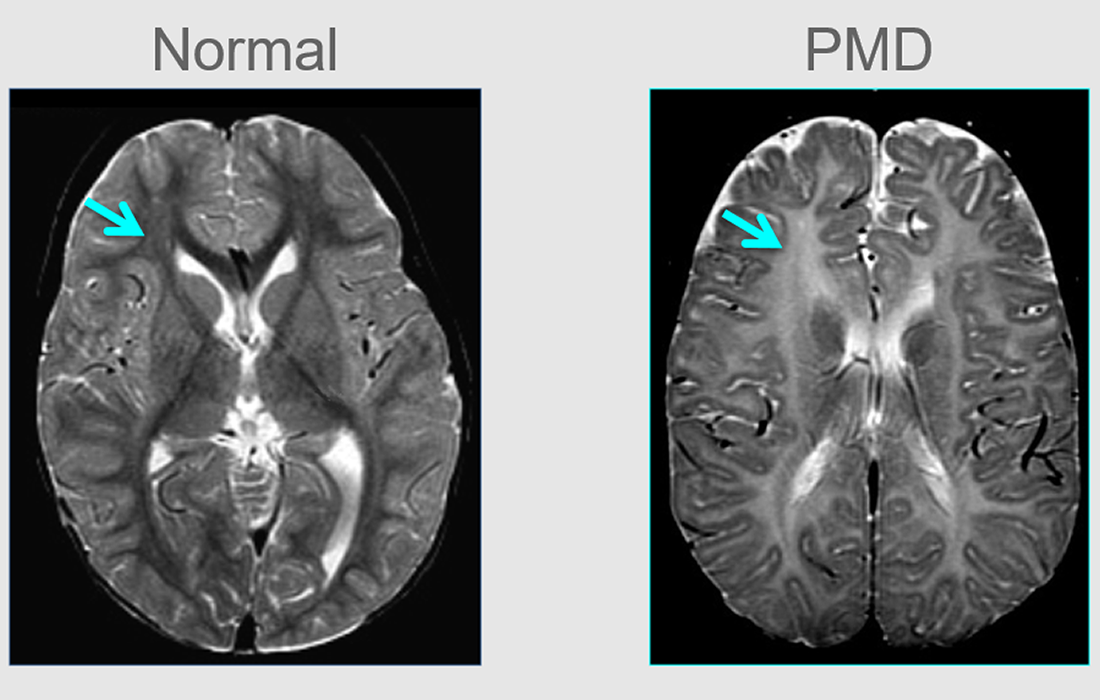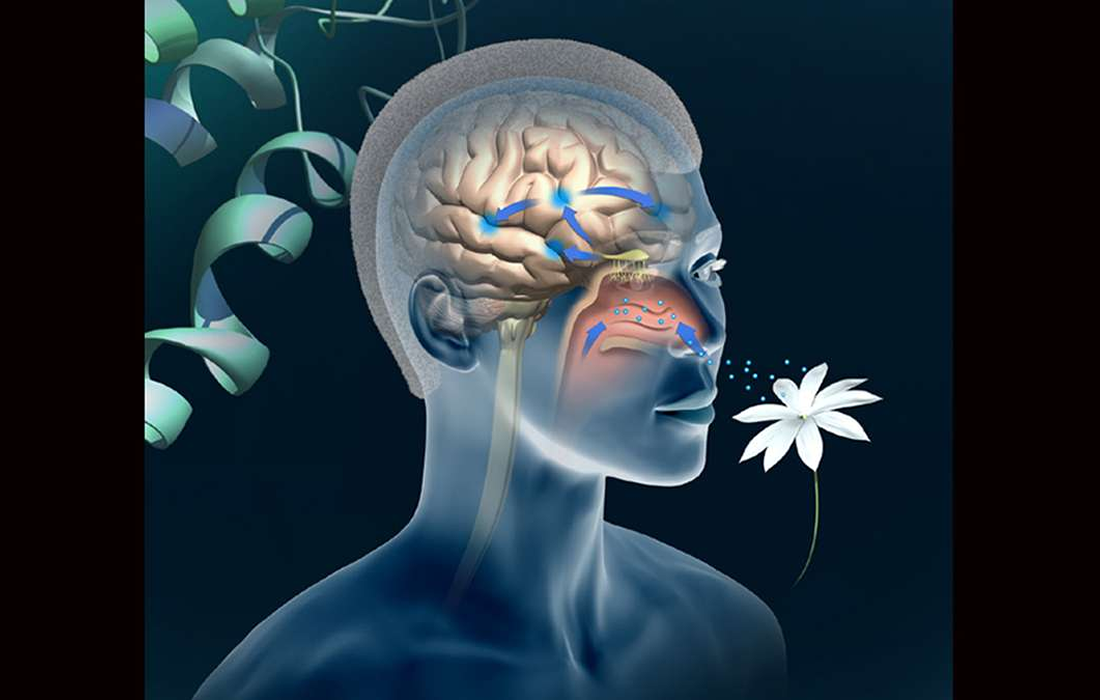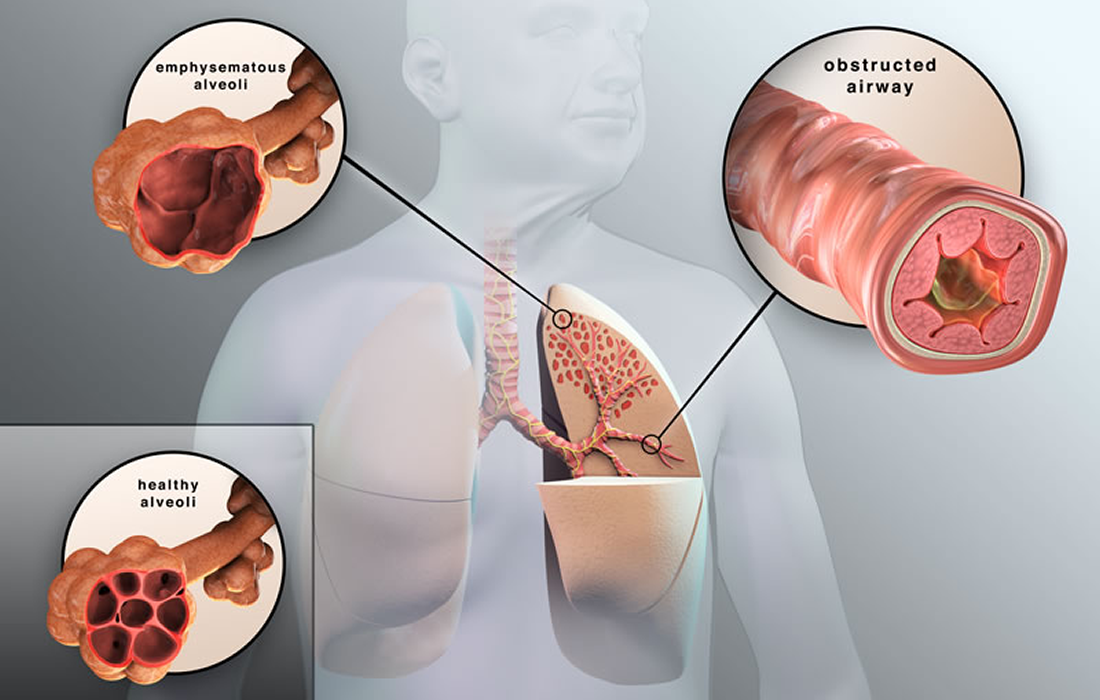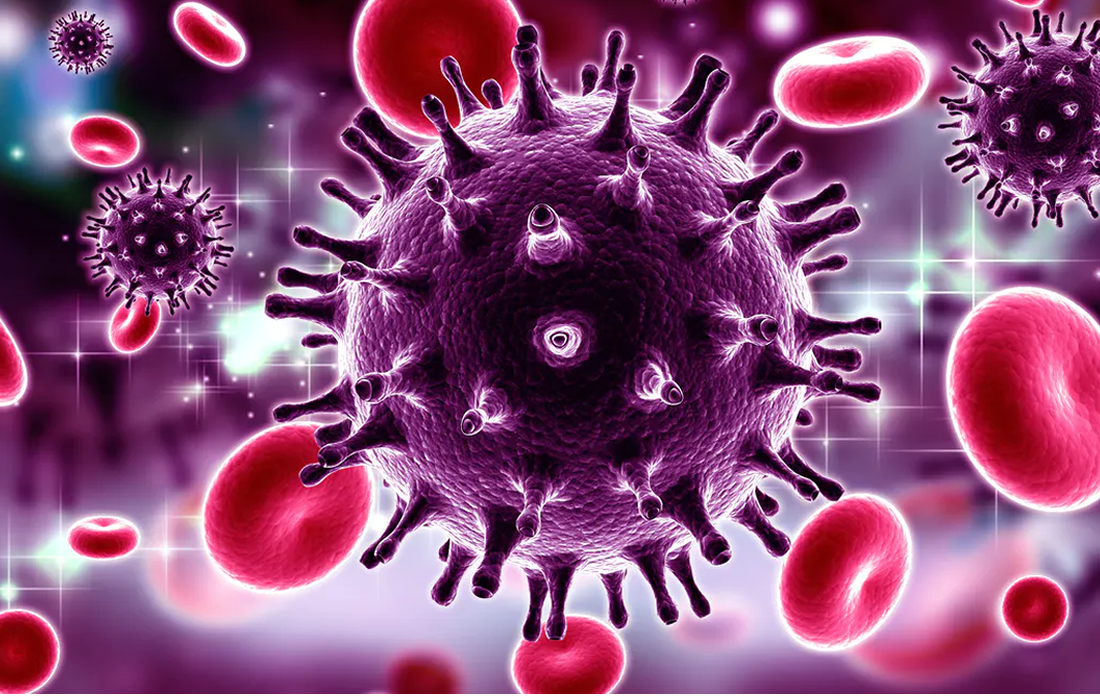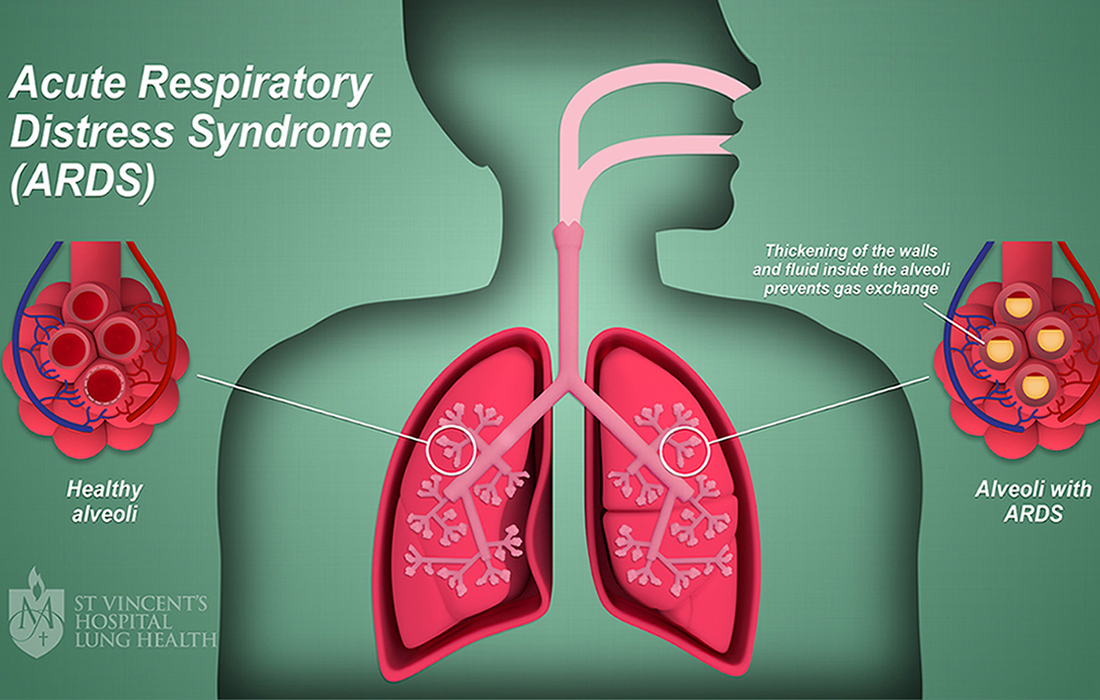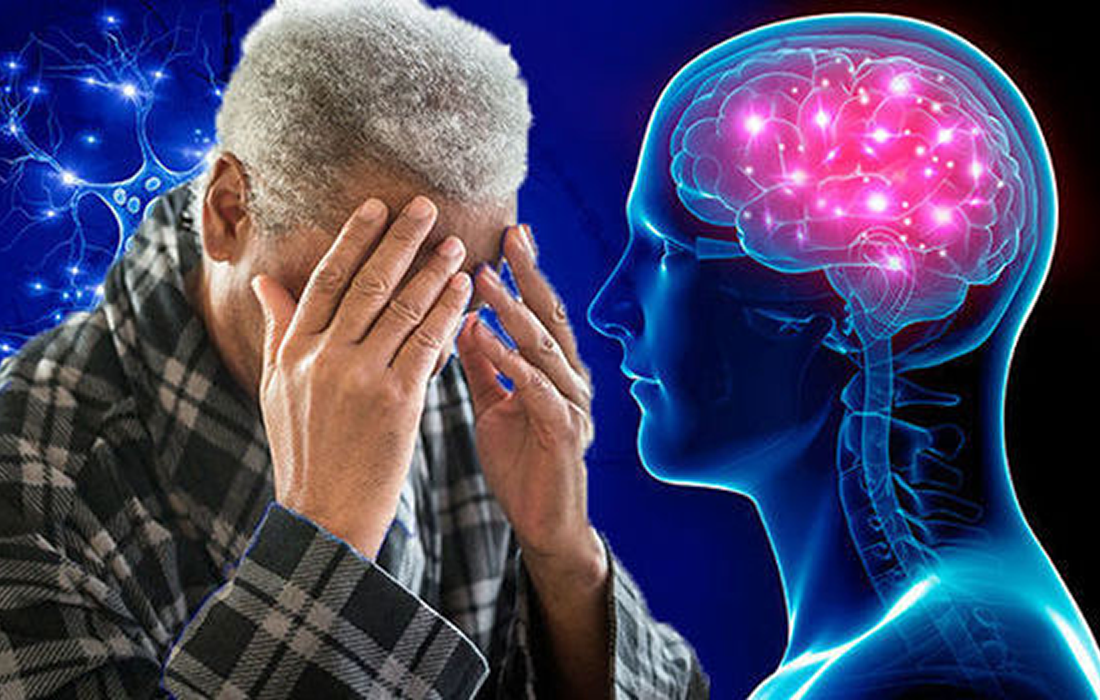Pelizaeus-Merzbacher disease (PMD) is a rare, congenital X-linked recessive leukodystrophy caused by a mutation of the proteolipid protein 1 (PLP1) gene (Gencic et al., 1989), resulting in reduced levels of myelination without an inflammatory component or substantial volume loss of brain tissue. PMD is one of a group of hypomyelinating disorders (Helman et al., 2015), […]
Category Archives: Stem Cell Therapy for Specific Conditions
A stem cell therapy delivered into the nose can restore the sense of smell in a mouse model of olfactory loss. The findings were published in May 30 in the journal Stem Cells Reports and provide proof of principle for an approach that has the potential to be of broad utility for a range of […]
In type 1 diabetes (T1D), autoimmune destruction of pancreatic islet b cells reduces an individual’s ability to regulate blood glucose, ultimately resulting in poor blood circulation, heart disease, stroke, infection, kidney failure and often premature death. Every day millions of patients with T1D receive insulin injections to survive, but these injections do nothing to address […]
Chronic Pulmonary Obstructive Disease (COPD) is a progressive, incurable disease that affects at least 16 million people in the United States. As current treatments cannot cure COPD, many people with this condition seek alternative therapies such as stem cell therapy. Current standard therapies including bronchodilators and inhaled corticosteroids and the phosphodiesterase-4 inhibitor, roflumilast, show modest […]
Stress urinary incontinence (SUI) can occur in men after radical prostatectomy (RP), referred to as postprostatectomy incontinence (PPI). PPI can cause significant distress and affect the quality of life. With the increased number of surgeries for prostate cancer, there has been a concomitant increase in PPI prevalence. The initial management of PPI includes lifestyle interventions, […]
Human stem cells have been coaxed to develop into skin-like structures in vitro. When engrafted onto mice, the structures produce hair, highlighting the potential of the approach for regenerative therapies. A group of scientists, Lee et al. have generated hair follicles from human stem cells, which places us closer to generating a limitless supply of […]
A groundbreaking study found that stem cells reduce the amount of virus causing AIDS, boost the body’s antiviral immunity and restore the gut’s lymphoid follicles damaged by HIV. This provided a strategy in the eradication of HIV. Although antiretroviral therapy can suppress HIV replication, it does not eliminate viral reservoirs or restore damaged lymphoid tissue, […]
Acute Respiratory Distress Syndrome (ARDS) is a rapid onset of diffuse lung injury arising from a variety of insults, along with refractory hypoxemia ranging from mild to severe. It can lead to a devastating hypoxemic respiratory failure, characterized by disruption of the alveolar-capillary membrane barrier. The current management of this condition remains supportive, and includes […]
Ulcerative colitis (UC) is a chronic, idiopathic inflammation of the large intestine (colon), which is classified as a form of inflammatory bowel disease (IBD). It is characterized by a relapsing and remitting course. Both male and female are affected equally, mostly between the ages of 30-40 years. The incidence of this autoimmune condition and other […]
Around 50 million people live with dementia, with an estimated global cost of care being $818 billion US dollars. Dementia is a fatal clinical disorder characterised by amnesia, progressive cognitive impairment, disorientation, behavioral disturbances and loss of normal daily function. Alzheimer’s disease being the most common type of dementia. The majority of Alzheimer’s diseases are […]

